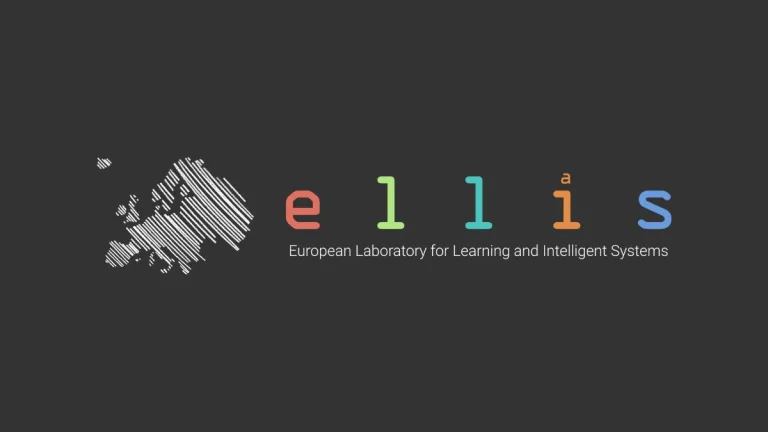



ELLIS Sites: Call for proposals!
ELLIS is a not-for-profit organization whose goal is to establish a network of European research labs on Machine Learning and Intelligent Systems. ELLIS' aspiration is to become the leading open science AI organization in the world. The ELLIS sites are key towards reaching this goal as they will provide unprecedented flexibility and financial support to a selected group of researchers in machine learning - and related fields - to spark economic and societal innovation. The long-term vision is to build a joint European laboratory similar to the European Molecular Biology Lab (EMBL) as described in the original open letter (https://ellis.eu/letter).
ELLIS sites are a key element towards achieving this goal as they will implement as much of the ELLIS vision as possible. ELLIS sites can be “ELLIS Units” or “ELLIS Institutes”. Neither units nor institutes need to be built from scratch but can leverage existing structures and funding. The goal of this call for proposals is to determine the places of scientific excellence in Europe that are best poised to become part of the envisioned European laboratory for machine learning and intelligent systems. The resulting consortium of ELLIS sites will raise the funds and develop the common infrastructure to implement the full ELLIS vision.
There are three opportunities per year to submit a proposal for ELLIS units or institutes. The first call for proposals (deadline November 1st 2019) focuses on ELLIS units only. The second and third deadline in the academic year 2019-2020, will be on March 1st 2020 and on July 1st 2020. The submission site is on EasyChair:
https://easychair.org/my/conference?conf=ellis-sites-2020
Proposals for the creation of an ELLIS unit will be reviewed by the ELLIS sites evaluation committee, which is composed of an internationally diverse set of ELLIS fellows. Feedback is expected to be given within the next 6 weeks after each deadline.
For questions please email sites@ellis.eu.
Guidelines for proposals
The proposal shall not exceed 10 pages (not including references) on a single column page format with 12 point font. The proposal should contain the following sections:
Overview: A free-form description of the envisioned unit or institute, including its mission, vision, and intended research areas; how does the proposed ELLIS unit add value to the existing infrastructure and can serve as a stepping stone towards the overarching goal of ELLIS described in the original open letter (https://ellis.eu/letter)?
Team: Planned faculty with short (no longer than 1/4 page) bios sorted into (1) existing and (2) newly proposed ELLIS fellows/scholars/members and (3) proposed new fellows/scholars/members, including the head of the ELLIS unit and its organizational structure; Expected number of PhD students;
Diversity: Diversity strategy for faculty and PhD students regarding seniority, area of expertise, country of origin and underrepresented groups --e.g. gender;
Infrastructure: Available infrastructure;
Network: Connections with other ELLIS sites/faculty/fellows;
Societal and Economic Impact: Envisioned mechanisms to promote societal and economic impact -- such as links to government and industry;
Startups: Support for the creation of startups;
Dissemination: Organization of outreach events; and
ELLIS criteria: An explanation of how the criteria for ELLIS units described below are met.
Criteria for ELLIS units
The creation of an ELLIS unit can leverage existing structures and funding but requires a written agreement signed by the funding sources and relevant host institutions to commit for at least 5 years to the following tenets and processes:
In order to ensure a consistent level of excellence across all ELLIS sites, the inclusion each faculty member of an ELLIS unit would need a positive evaluation from the ELLIS faculty evaluation committee, which is an international committee composed of ELLIS fellows and members from other locations to verify the excellence of the candidates (regularly publishing at top-tier conferences, international awards, etc). Both the faculty included in the proposal of an ELLIS unit/institute will be evaluated by such a committee, as will all future faculty members. Faculty of an ELLIS unit will be referred to as ELLIS faculty and they will also become members of the ELLIS society.
To foster the exchange of ideas and strengthen the ties in the network, ELLIS units are expected to host researchers of the ELLIS network (e.g. ELLIS fellows, faculty, postdocs and PhD students). ELLIS faculty are encouraged to visit other ELLIS units.
ELLIS units commit to joint PR and branding with the ELLIS society. Press releases will need to be coordinated with the central ELLIS press office.
The head of each ELLIS unit will join the ELLIS expert group supporting national and European policy makers.
Impact
Machine learning is the key technology that drives a revolution of economy and society. A crucial goal of ELLIS is to shape this process by generating innovation and impact on society. Traditionally, however, university professors in Europe have very high teaching load, often much higher than 4 hours per week (the common standard in the US) such that their impact is overly constrained to class room teaching of students. Additionally, they typically face strong administrative barriers preventing industrial impact. ELLIS units need to have a clear dedication to overcome these limitations. The ELLIS faculty should have maximal freedom to choose how to invest their time into high-impact projects including the spin-off of start-ups, secondary placements in industry, memberships on advisory boards, etc.
Budget
To ensure a certain level of homogeneity across units, the salaries of the ELLIS faculty in an ELLIS unit should amount to a total of at least 500k euro/year. Each unit is free to choose how to split such a budget into different faculty positions (e.g. senior vs junior faculty) and the number of such positions.
The total expected budget of each ELLIS unit is at least 1 Mio euro/year (excluding faculty salaries) including funds from industry and funding agencies. Each unit will have autonomy in its allocation of the budget.
It is expected that from this budget, 300k euro/year will be devoted to measures supporting the ELLIS network, such as funding ELLIS coordinator positions, hosting visitors, organizing ELLIS events or financing PhD students in the ELLIS PhD program.
The criteria and guidelines are meant to set the level of expectations as objectively as possible. However, it is the responsibility of the ELLIS sites committee and the ELLIS board to assess to what degree each individual proposal sufficiently addresses the goals and vision of ELLIS.
